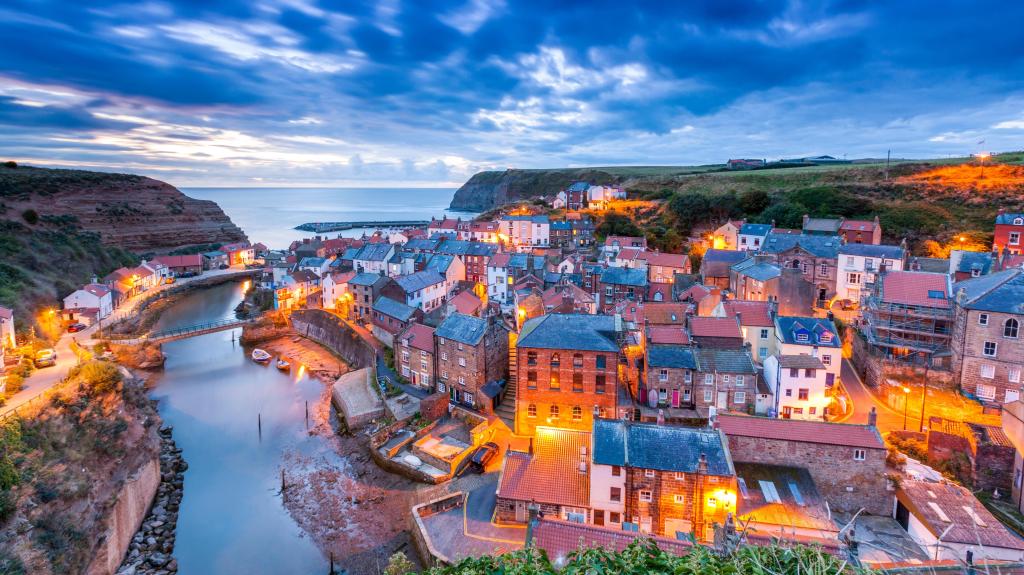UK Home Prices Increase for Third Consecutive Month
House prices in the UK have reached near-record levels after experiencing a third consecutive month of increases in September.
According to recent data from Halifax, one of the country’s leading mortgage providers, prices rose by 0.3 percent in September, mirroring the same increase seen in August.
Halifax’s figures indicate that house prices have surged by 4.7 percent over the past year, marking the highest annual inflation rate since November 2022.
The average cost of a home in the UK now stands at £293,399, just shy of £100 below the peak established in June 2022, just before the housing market was affected by the mini-budget revealed by Liz Truss and Kwasi Kwarteng.
“It is crucial to contextualize these recent increases,” stated Amanda Bryden, head of mortgages at Halifax. “While the average property value has risen by approximately £13,000 over the last year, this can largely be seen as a recovery from the declines of the previous year. Compared to two years ago, prices have only increased by 0.4 percent.”
Following the end of the first lockdown, house prices sharply rose as prospective buyers, eager for greater living space after long periods at home, began utilizing their pandemic savings to purchase larger homes with gardens. This phenomenon was referred to as the “race for space.”
However, the market stalled almost immediately after the mini-budget at the end of September 2022, which unsettled financial markets and drove up borrowing costs. Increased interest rates from the Bank of England made mortgages even less affordable.
As interest rates begin to decrease and the cost of living pressures start to ease, recent months have shown that potential buyers are returning to the market.
“Conditions in the market have gradually improved over the summer and into early autumn,” Bryden explained. “Mortgage affordability has improved due to strong wage growth and a decline in interest rates. This has led to increased confidence among potential buyers, with the number of mortgage approvals rising over 40 percent in the past year, reaching the highest levels since July 2022.”
Halifax’s data also highlights a disparity between the north and south of the UK, with northern prices still needing to catch up to those in the south.
In the northwest of England, house prices have risen by 5.1 percent over the last year, while Yorkshire has seen a 4.3 percent increase. Conversely, eastern England, which encompasses commuter areas like Hertfordshire and Essex, has experienced much slower growth, with prices increasing by only 2.3 percent year-on-year.
In London, the most expensive area for homebuyers, prices increased by 2.6 percent from last year to an average of £539,238, still significantly below the peak of £552,592 recorded in the summer of 2022.
Among UK regions, Northern Ireland is witnessing the fastest price growth, with a 9.7 percent increase over the past year. Meanwhile, Scotland’s price inflation is currently at 2.1 percent year-on-year.
Despite the improved affordability with declining mortgage rates, Bryden acknowledged that many still face challenges. Consequently, she anticipates any further rise in house prices over the next 18 months to be “modest.”
Ashley Webb, an economist at Capital Economics, holds a more optimistic view, believing that interest rates will decrease faster than anticipated next year. “Our perspective is that the Bank of England might cut interest rates more rapidly than most expect, which could lead to house prices increasing by over 5 percent in 2025,” he remarked.




Post Comment